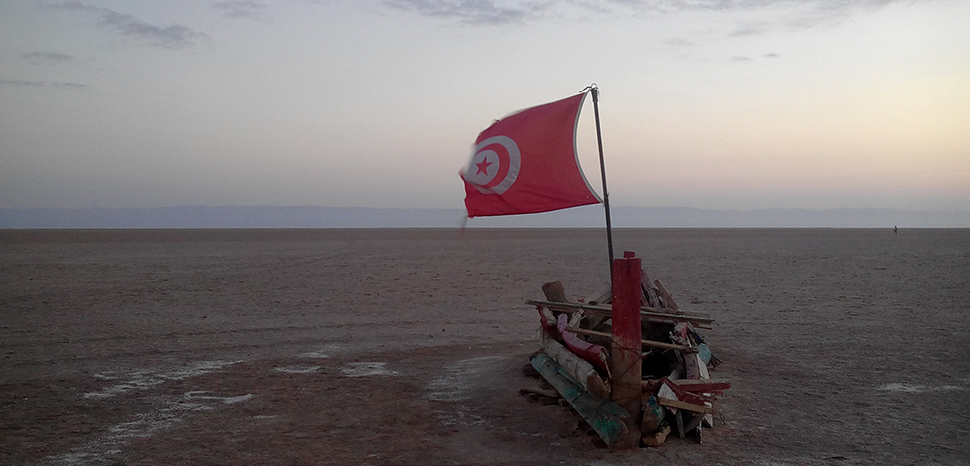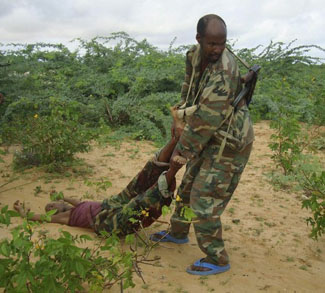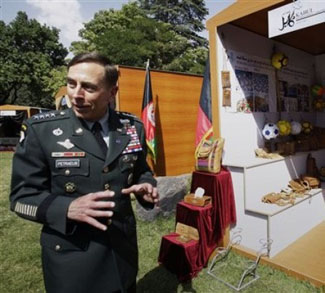Only a decade ago, my country was living through positive democratic reforms unfolding at the pace of a lightning rod.
But everything fell into millions of pieces when President Kais Saeid took full control of our country. On July 25, 2021, he declared a state of emergency following popular protests against economic recession and the state’s dismal management of the Covid-19 pandemic, after which he sacked the prime minister, dissolved parliament, shut down the Supreme Judicial Council, and proceeded to take measure after measure to kill all political life in the country.
Today, it is no longer possible to talk about Tunisia being a democracy. We cannot even speak about being on the path of building one. We have been derailed and it is imperative to reverse this destructive path.
I have seen many of the same politicians, along with members of Tunisia’s civil society who cheered the fall of the dictatorship in 2011, remain silent as they handed over the country to an incompetent president who has brought Tunisia to its knees.
The curtain rose and revealed political, economic, and social failures while a financial crisis suffocated the country. When the president overturned the 2014 constitution during the July 25 referendum, it was nothing less than a coup. The constitution that was promulgated was the work of one man. It didn’t even enjoy any sort of popular support as less than a third of Tunisians turned out to vote.
Saied, by decree, appointed himself the enforcer, legislator and judge of Tunisia.
Instead of letting the current order of the day become the permanent norm, it is really about time that defenders of democracy inside and outside Tunisia not only speak up but translate words into actions. The principles at stake here aren’t ones that are difficult to stand for. The respect of human dignity and universal human rights are essential to all political factions inside Tunisia and in the foreign policy agendas of those who cultivate relations with Tunisia.
Tunisian politicians and members of civil society must create a united front to protest Saied’s transgressions which are harming everyone. Among the many violations being enforced, civilians are being tried in military courts and the new cybercrime decree is stifling freedom of expression, one of the many decrees drawn up over the past 18 months at the behest and whims of Saied.
We must reverse these regressions before it is too late. Tunisia was a model for the entire Arab region. It inspired revolutions and made the dream of freedom an attainable reality for hundreds of millions across the Arab world. We shouldn’t trade such precious ideals for whatever immediate economic or political tradeoffs the international community is getting, such as an illusory stability. Political factions still have a chance to unite and insist on a pluralistic national dialogue to get the country out of its political and economic crisis and revive the 2014 constitution which was hailed worldwide as the most progressive in the Arab region.
It is also vital to re-integrate Tunisia’s youth into the public sphere – a crucial area for Tunisia’s political factions to work on. Recent statistics on election turnouts show that they have been distancing themselves from the shrinking political arena. I have seen through my work as Director of the Tunisian Youth League, which seeks to boost youth participation in politics, that they feel their voices are not being heard at all since July 25, 2021.
Tunisians less than 40 years of age constitute a large segment of the population and they need to be addressed at the level of the municipalities in which they reside. They are active at the municipal levels, offering ideas and solutions for problems including the high unemployment rate. We must help mobilize them to participate as well at the national level, for example through youth quotas in municipal elections and inside civil society organizations. The constitution of 2014 had highlighted the central role of youth as agents of social change. They had been active forces in the uprisings of 2011. Saied’s new constitution of 2022 removed from the 2014 constitution the mention of youth – yet another blow to the country’s development.
The international community needs to back Tunisia’s true democrats across the board. Kais Saied is not the solution. He is the problem.
His actions since July 2021 indicate that he will never admit he failed and will continue evading responsibility. He presents himself in his incoherent angry speeches as the real patriot, speaking about national sovereignty, and playing with people’s emotions by talking about Tunisia and the national flag. He delivers angry speeches, shouting, accusing and threatening everyone, and at other times goes out on populist visits in which he mobilizes his supporters, telling them about the absence of basic commodities, throwing accusations against the monopolists and imaginary traitors as though his authoritarian rule plays no role in these crises. He has led the country to economic chaos and burdened Tunisians with higher taxes.
Many associations now, and perhaps most of them, are sensing the danger of Saied’s authoritarian project. The powerful Tunisian General Labor Union pledged to fight “no matter the cost.”
It is time to rally behind the same cry. The president has lost all legitimacy.
We must support voices within the civil society that are struggling to bring back the country on the path it has bravely undertaken in 2011 when it ousted 30-year dictator Zine El Abidine Ben Ali and allowed generations to dream of a better, more free future. The international community must encourage the scarce courageous and free voices that are trying to salvage what is left of democratic reforms. Because in the end, and what has become certain today is that Saied has no place ruling the country.
The views expressed in this article belong to the authors alone and do not necessarily reflect those of Geopoliticalmonitor.com.




